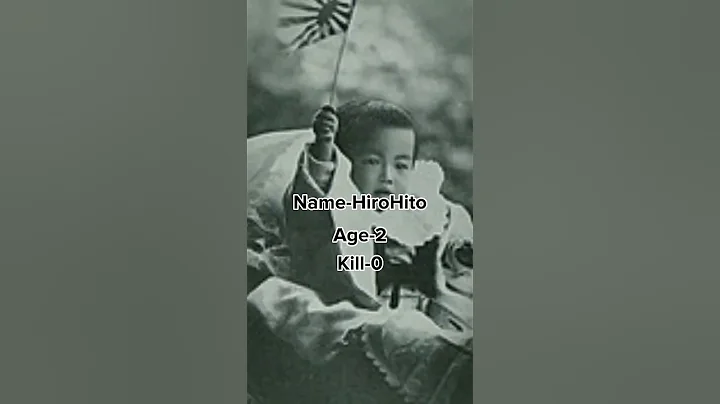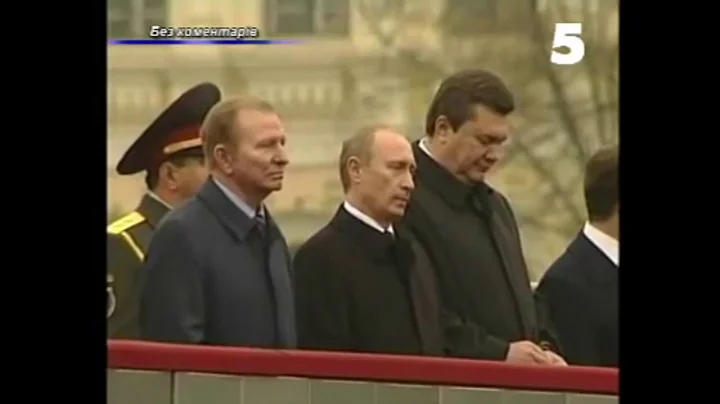
The strongest entrepreneurial team, from less than 100 people to 90 million
Chairman Mao: " When you win a battle, you are proud, but when you lose a battle, you are negative. "
This is human nature. It is like this in any army. At the beginning, our Red Army is no exception.
should regard this as an unchangeable theorem of the universe.
It is inefficient to spend a lot of time trying to make people not be passive after defeating the battle and not be proud after winning the battle.
Don’t be arrogant when you win, and don’t be discouraged when you lose. This is only for a small number of people. It has a high threshold, which means that you can’t grow big!
After winning the battle with , you should rest. After resting, your emotions will relax and cool down, and more reason will return to your mind.
Therefore, during the War of Liberation, our army had to rest and recuperate after each major battle:
1. On the one hand, it was to recuperate from fatigue.
2. On the one hand, it is appropriate to cool down the emotions to avoid defeat.
During the Jinggangshan base area, after our army won the battle, it had to divide its troops:
1. On the one hand, it was to mobilize the masses, organize the masses, and put the emotion of victory here to achieve a better effect of mobilizing the masses.
2. On the one hand, it is also for the army to rest and recuperate, and to properly cool down the fighting mood, so as to avoid arrogance and defeat.
In continuous battles :
1, even if we can win consecutive battles, we cannot escape the result of destruction in the end. For example, the famous Western Route Army's Western Expedition can be said to be the biggest loss for our party. This is different from the impact of continuous battles. Not open.
2. Continuous combat often fails to maximize the opportunity to defeat the weak with the strong and defeat the weak with surplus. As a result, a decisive battle cannot be won, and it becomes a war of attrition.
3. Continuous fighting itself also shows that the front-line fighters are not good enough and the results are not great enough, so that we still need to fight.
A good war is like Zhou's attack on merchants, only a war of annihilation:
1. As many as 800 princes came to the alliance to form an alliance. The princes all said: "It's time to defeat Zhou." King Wu of Zhou said: "We still don't know the destiny of heaven, and we can't do it now." So the master came back.
2. Later, when the opportunity came, King Wu defeated Zhou and destroyed Shang overnight.
does not fight unnecessary wars, but only fights wars of annihilation. At other times, he tries his best to create a "must win"!
The army is not to win, but to achieve a decisive victory. At this time, it needs to "walk" very hard.
Losing a battle is the most important thing to avoid. The weaker you are, the less likely you are to lose a battle. Even a strong team cannot withstand a defeat:
1. If you lose a battle, the soldiers will flee and the team will disperse.
2. After the battle is defeated, no matter how many cats or dogs dare to fight you or bully you, then the team will become even more scattered or even collapse.
3. In the end, the team was gone.
If you lose the battle, you need:
1. Re-cultivate your energy, form and momentum.
2. We need to start again from small battles and win battles, that is, we need to fight a new prelude to cut off the negative feedback transmission and switch to positive feedback transmission again. Only then can the team become stronger and stronger until it recovers. .
3. It is necessary to withdraw from the battle, rest and recuperate, and re-create a situation in which the strong defeats the weak, and re-creates a situation in which surplus defeats exhaustion. Using surplus to defeat exhaustion has always been a way for a weak army to defeat a strong army. Using strong points to attack weak points is always a good way to win. If the strong meets the strong, if the surplus meets the surplus, the outcome will be uncertain.
The art of war pays attention to Qi, shape and momentum.
If a battle is won, the soldiers will be strong. If you lose the battle, your morale will be low and you will not be able to exert your full strength to three or four points.
Winning the battle shows that the military deployment is strong. If the battle is lost, the formation will be chaotic and fire coverage will be ineffective.
If you win the battle and no one dares to fight you, you are strong. When you lose a battle, everyone will want to bully you and take a piece of your flesh. If there are many and mixed enemies, you will be weak.





















